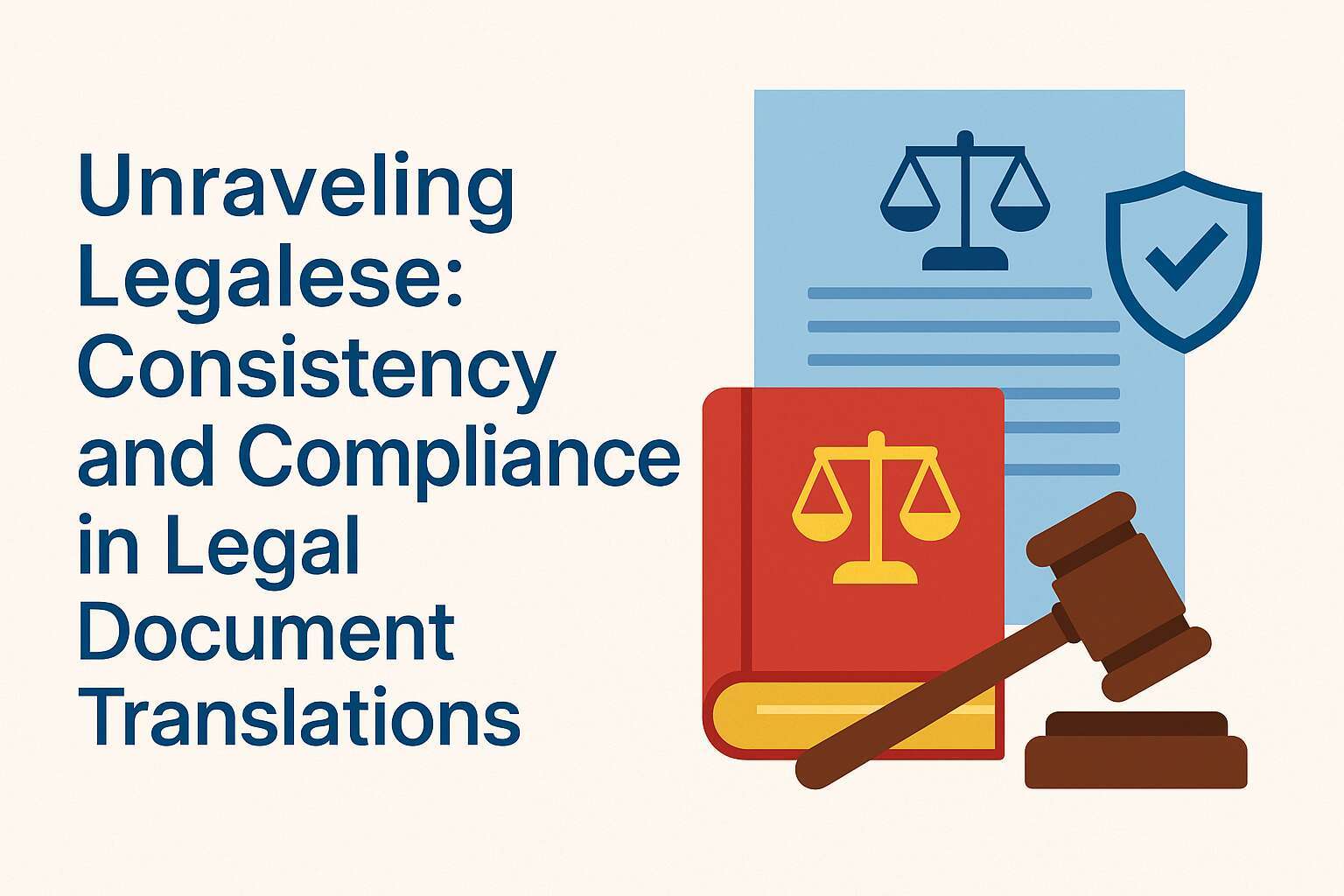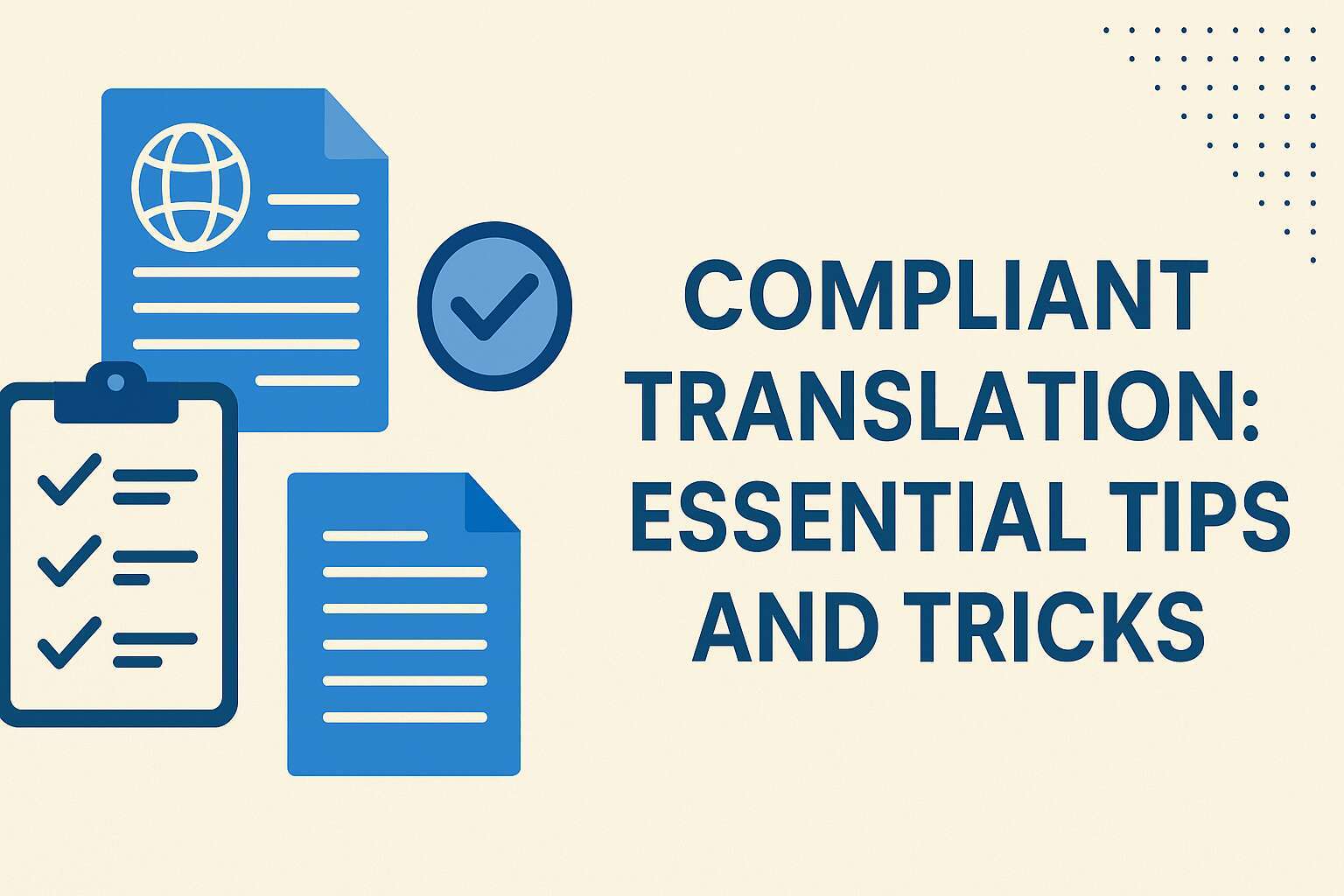Legal document translation is more than a linguistic exercise—it is a matter of precision, compliance, and risk management. The language of law, known as legalese, is designed to be unambiguous and technical, but for those outside the legal profession, it can feel cryptic and overwhelming. Whether you are dealing with business contracts, immigration papers, or intellectual property rights, professional legal translation ensures clarity, consistency, and full compliance with legal requirements.
If you need expert support, consider InnovaLang’s Legal Translation Services, designed specifically for businesses, law firms, and individuals who require reliable and legally compliant translations.
1. Understanding Legalese: Why It Matters
Legalese is characterized by technical jargon, archaic expressions, and intricate sentence structures, all crafted for legal precision. Terms such as force majeure, prima facie, or fiduciary duty have specific meanings within different legal systems, and a mistranslation could have serious consequences, from invalid contracts to disputes in court.
A qualified legal translator must understand both the language and the legal systems involved, ensuring every nuance is accurately conveyed.
2. Decoding Legal Terminology with Expertise
Translating legal documents requires more than bilingual proficiency—it demands specialized knowledge. A professional legal translator deciphers legal terminology, interpreting its implications in the context of the target legal system.
For example, the term consideration in common law contracts has no direct equivalent in many civil law jurisdictions; it must be translated in a way that preserves its legal function. This level of expertise prevents ambiguity and ensures compliance across borders.
3. Ensuring Consistency Across Legal Documents
Legal translations must be consistent not only within a single document but across entire sets of contracts, agreements, and regulatory papers. Professional translators maintain terminology databases and glossaries to guarantee uniformity.
A consistent use of legal terms builds credibility and avoids misunderstandings. It also helps businesses demonstrate regulatory compliance when operating in multiple jurisdictions.
4. Accuracy and Compliance: Avoiding Legal Risks
A single mistranslated clause can invalidate a contract or trigger costly disputes. Professional legal translators are trained to minimize risks by strictly adhering to the legal meaning of every term and phrase.
This accuracy is especially critical for notarized translations, certified translations, and documents intended for court or immigration authorities. Working with experts ensures that translations meet the required legal standards and are recognized by relevant institutions.
5. Why Professional Legal Translation Makes the Difference
Relying on professional services means entrusting your documents to translators with a deep understanding of legal systems, cross-border regulations, and industry best practices.
Unlike general translators, legal translation specialists follow strict quality-control processes, often working with terminology management tools and consulting with legal experts when needed. This guarantees reliable, court-ready translations that protect your legal interests.
For businesses or individuals dealing with international legal matters, investing in professional services such as InnovaLang’s Legal Translation is not just advisable—it’s essential.
Conclusion
Translating legal documents is a high-stakes task where precision, consistency, and compliance are non-negotiable. By understanding the complexities of legalese, maintaining consistent terminology, and relying on experienced legal translators, you can navigate cross-border legal requirements confidently and avoid costly errors.
Professional legal translation is the bridge between legal systems—and the key to protecting your rights, assets, and business interests internationally.






